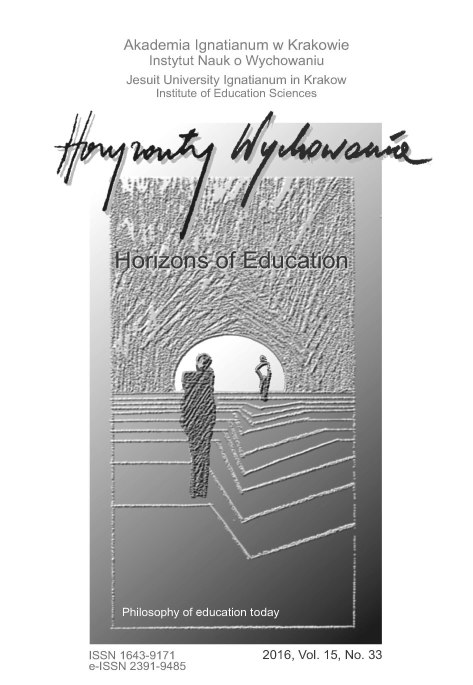Developing enterprise in teaching processes managed by PhD students.
Case studies.
Developing enterprise in teaching processes managed by PhD students.
Case studies.
Author(s): Lidia JabłonowskaSubject(s): Economy, Adult Education, Educational Psychology, Methodology and research technology, Sociology of Education
Published by: Uniwersytet Ignatianum w Krakowie
Keywords: University; students; entrepreneurial education work culture in business education; entrepreneurship education; education for economists; university;
Summary/Abstract: Research Objective: This article aims to discuss the results of research conducted as part of a project carried out by PhD students at Warsaw School of Economics in 2014-2015 within the context of work culture in business education, including the developments attitudes of entrepreneurship. The Research Problem and Methods: The main research problem is formulated in the following, complex question: What is the teaching culture of the teaching processes carried out by PhD students and which elements of the processes are emphasised and which are not taken into account by them? The research method was case study. The Process of Argumentation: The analysis of empirical data is preceded by an overview of the theories of work culture in business education within the context of the latest trends in education as a result of changes in the (business) environment, including the changing expectations of university graduates with business degrees in terms of their attitudes to enterprise. Research Results: The processes under analysis only marginally take into account an education that develops attitudes of entrepreneurship, i.e. freedom of activity, flexibility and creativity, responsibility sharing, openness to new roles, the use of best practices and, last but not least, atmosphere of innovation. Conclusions, Innovations and Recommendations: Research shows that contrary to expectations, the predominant approach to teaching adopted by candidates for academic teachers is the mechanistic-passive culture model. Only to a small degree does their teaching show features of the humanistic culture model, which is based on interactive forms of teaching and activating methods, which means that the teaching process is not focused on developing the students’ attitude of entrepreneurship. In this situation, practical teaching of doctoral candidates concerning innovative didactic methods, including business methods and implementation of social competence within teaching, is of particular importance.
Journal: Horyzonty Wychowania
- Issue Year: 15/2016
- Issue No: 33
- Page Range: 131-146
- Page Count: 16
- Language: English

